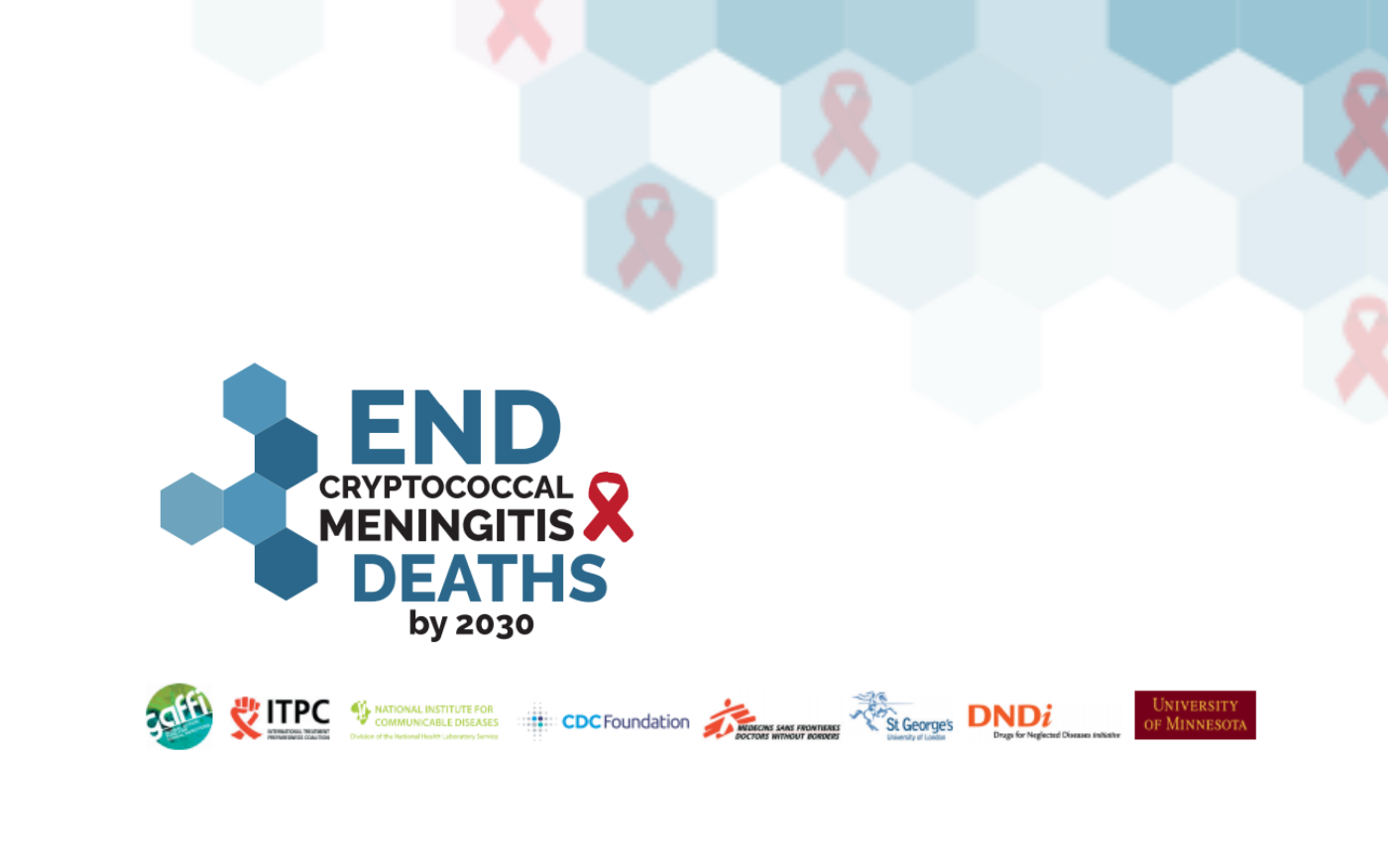Cryptococcal meningitis (CM) is one of the main causes of death of people living with HIV (PLHIV).
While diagnostic tests and medicines for prevention and treatment exist, access in resource-limited settings is extremely limited. Treatment with fluconazole alone, most commonly used in low-income settings, results in around 20% survival.
This Strategic Framework sets out the case for a re-invigorated global drive to end CM deaths by 2030, as part of a broader drive to end all HIV-related deaths. Following the call for a strategy to end CM deaths to be set by 2030 (Shroufi et al, 2020), we now call for high-level targets and lay out strategic building blocks to help countries develop their own strategies to minimise deaths from CM. Earlier diagnosis and optimised treatment with flucytosine and amphotericin B, as recommended by the World Health Organisation (WHO), could improve survival to around 70%.
This Strategic Framework outlines the key reasons why a global strategy to address CM deaths is needed and what essential programmatic elements are required to make this a reality.

